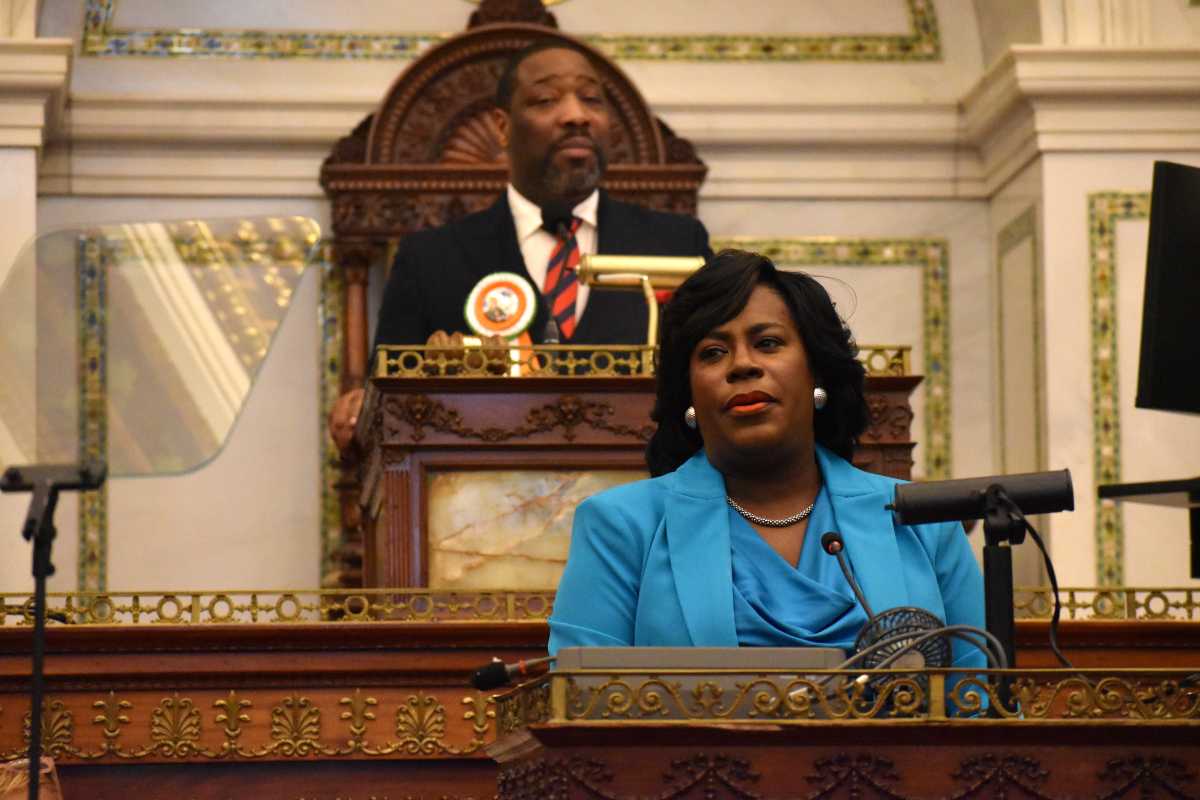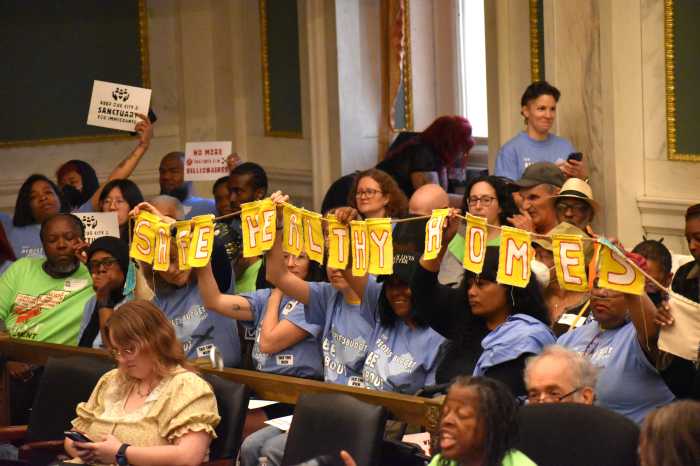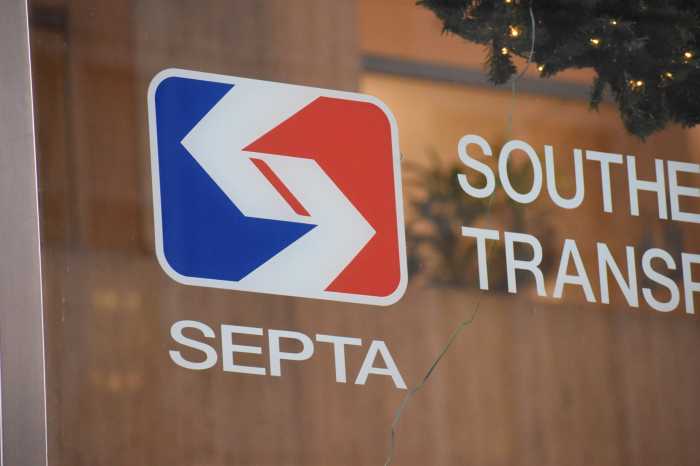City Council is set to vote Thursday to approve a $13.4 billion operating and capital budget, along with Mayor Cherelle Parker’s plan to borrow $800 million for housing programs, after reaching a deal with her administration late last week.
Lawmakers advanced the measures following two days of marathon negotiations and weeks of hearings on Parker’s proposal.
“At a time of real uncertainty in our country, this budget makes substantial, bold investments in the programs we need most to make Philadelphia the safest, cleanest and greenest big city in America, with access to economic opportunity for all,” the mayor said in a statement.
Here’s a look at some of the takeaways from a busy stretch of days at City Hall.
H.O.M.E.
One of Parker’s signature initiatives, the Housing Opportunities Made Easy, or H.O.M.E., plan, appeared to be in jeopardy as recently as Wednesday, June 4.
A few Council members expressed concerns about moving forward with bond ordinance – most notably Majority Whip Isaiah Thomas, who declared during a hearing that he “fundamentally disagreed” with the approach.
Nevertheless, lawmakers moved the legislation out of committee, paving the way for the borrowing to be green-lit Thursday.
H.O.M.E. calls for investments across a wide array of programs aimed at helping tenants, homeowners, developers and prospective buyers, with the goal of creating or preserving 30,000 units of affordable housing over a four-year period.
Among the new efforts is ONE Philly Mortgage, a program that will allow homebuyers to purchase a property without private mortgage insurance with as little as a 3% down payment.
More than $160 million in bond funding will go toward gap financing to preserve affordable housing developments, according to documents circulated by the administration in April.

Council leadership prioritized adding accountability and tracking mechanisms into the legislation.
A four-person team will be in charge of reviewing any minor or moderate adjustments to the H.O.M.E. budget, with two members each appointed by the mayor and Council. An earlier version of the bill incorporated three members, with lawmakers controlling two spots.
Larger changes, affecting 10% or more of the spending, will need to go before the full Council.
Councilmember Mike Driscoll also introduced an amendment bringing the City Controller in to conduct audits of the program.
“Strong fiscal oversight is not just about balancing budgets – it’s about upholding the public’s trust, ensuring transparency, and making sure taxpayer dollars are spent responsibly and effectively,” he said in a statement.
Parker administration officials have said they plan to issue a $400 million bond this fall and another in November 2027. Interest is expected to total $500 million, bringing the total cost to $1.3 billion.

Jamie Gauthier and Rue Landau, leaders of Council’s housing committee, cheered the preliminary approval of the H.O.M.E. legislation
“More than 200,000 residents earning under $30,000 a year are one missed paycheck or unexpected maintenance issue away from slipping into homelessness,” they said in a joint statement. “This investment will prevent that from happening. We’re letting residents know now – help is on the way.”
Language was adopted to fast-track 1,000 city-owned properties for affordable housing development, another aspect of the H.O.M.E. initiative. Lawmakers additionally advanced a package of zoning bills offered by the administration in an attempt to simplify the code.
BIRT
Parker’s tax policies advanced unchanged from her initial budget proposal in March, despite talk that lawmakers might push for further business rate cuts.
The Business Income & Receipts Tax, a levy that has long drawn the ire of the city’s business community, was the focus of much of the debate in this budget cycle.
Under the budget deal, the gross receipts rate, which applies to all revenue, is set to drop from 0.1410% to 0.1395% and the net income portion, for business profits, is moving to 5.65%, down from 5.71%.
The legislation also codifies a plan to eliminate BIRT’s gross receipts tax and cut the net income rate in half by 2039.
The Tax Reform Commission, convened by Council, issued a report in April recommending getting rid of both portions of BIRT over the next eight to 12 years.
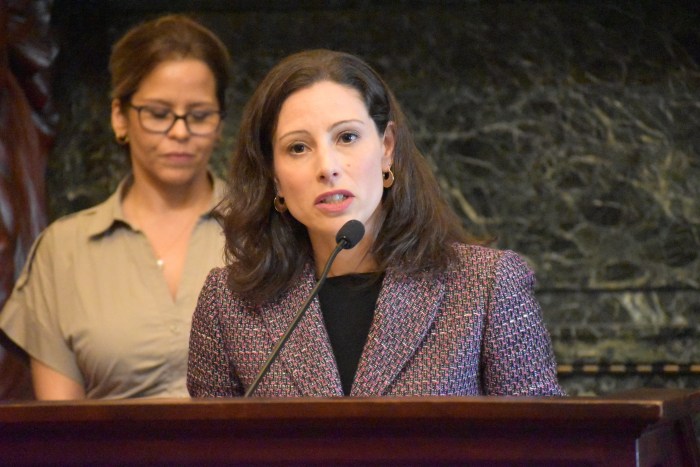
In conjunction with the rate decreases, the Parker administration is scrapping a provision that exempts a business’s first $100,000 in sales from BIRT. The decision was made in light of ongoing litigation, which the mayor’s team believes could be successful and potentially invalidate the tax entirely.
An estimated 75,000 enterprises do not currently earn enough to pay BIRT, and Parker proposed allocating $30 million in the coming year’s budget to aid businesses with change. Council added another $8.5 million to that total.
Modest cuts are in store for the resident and non-resident wage tax rates, and increases are forthcoming for the real estate transfer tax, document recording fee and hourly parking cost in Center City.
Progressive pushback
Not everyone is on board. Council’s third-party faction – Kendra Brooks and Nicolas O’Rourke – are expected to vote against the budget.
The duo, from the Working Families Party, decried a lack of new funding for the Department of Labor, the Department of Licenses and Inspections and mobile crisis response teams, among other concerns echoed by progressive activists.
“This tax plan follows the Trump playbook, draining resources to create more wealth for the wealthiest,” Brooks and O’Rourke said in a statement. “In the first six months of this federal administration, we have seen devastating cuts with more promised in the future. This budget ignores that reality.”
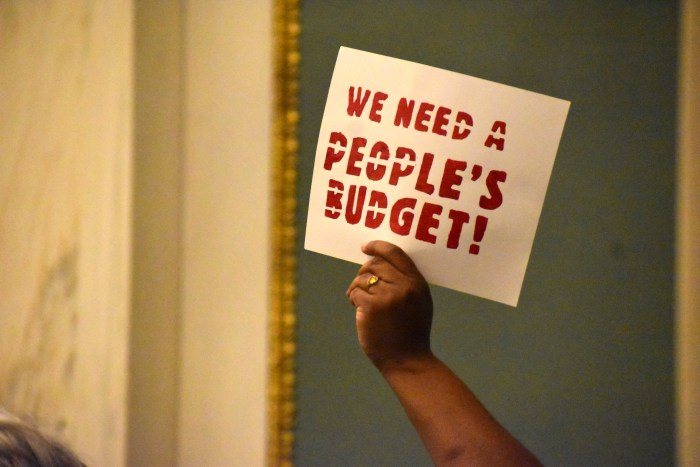
As part of the budget, just under $100 million is set aside to account for potential fluctuations in federal spending.
Odds and ends
Lawmakers successfully pushed for additional money for next year’s Semiquincentennial, with an extra $2 million for smaller organizations involved with planning 2026 events, according to Helen Loughead, Council’s chief financial officer.
The five-year plan devotes $67 million for the Philadelphia Police Department’s new forensics lab, which will be located at 41st and Market streets in West Philadelphia.
Funding is also allocated to expand the administration’s Kensington Wellness Court pilot from one to five days a week. The program is for people accused of drug and other low-level offenses.
Another of Parker’s priorities – year-round, extended-day schooling – will grow from 25 to 40 public and charter schools in the coming year under the spending plan.



